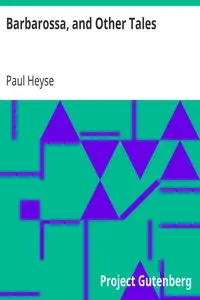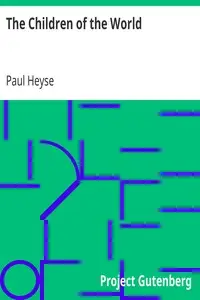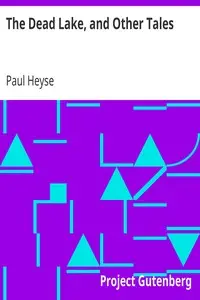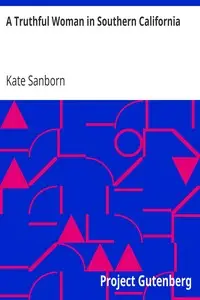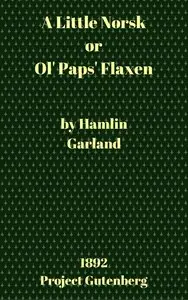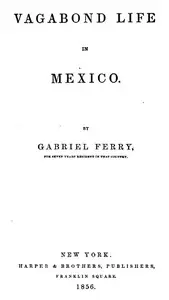"The Romance of the Canoness: A Life-History" by Paul Heyse is a fictional work written in the late 19th century. The narrative begins with a traveler who arrives in a small provincial town to attend the funeral of a Canoness, a figure of respect and kindness who had touched the lives of the local residents. As the story unfolds, it hints at exploring themes of kindness, loss, and the everyday lives of those in a religious community. The opening of the novel presents the traveler’s initial impressions of the town and the burial of the Canoness, depicting a somber atmosphere filled with melancholy yet reverence for the deceased. Through keen observations and poignant interactions, particularly with an elderly woman from the almshouse and a mysterious man outside the Canoness’s residence, the setting is vividly brought to life. As the protagonist grapples with the sense of loss and a longing to understand the significance of the Canoness's life, it sets the stage for a deeper exploration of her character and the impact she had on her community. The introduction creates an air of intrigue around the Canoness and hints at unfolding her life story in the subsequent chapters. (This is an automatically generated summary.)
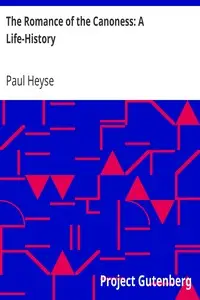
The Romance of the Canoness: A Life-History
By Paul Heyse
"The Romance of the Canoness: A Life-History" by Paul Heyse is a fictional work written in the late 19th century. The narrative begins with a traveler...
Paul Johann Ludwig von Heyse was a German writer and translator. A member of two important literary societies, the Tunnel über der Spree in Berlin and Die Krokodile in Munich, he wrote novels, poetry, 177 short stories, and about sixty dramas. The sum of Heyse's many and varied productions made him a dominant figure among German men of letters. He was awarded the 1910 Nobel Prize in Literature "as a tribute to the consummate artistry, permeated with idealism, which he has demonstrated during his long productive career as a lyric poet, dramatist, novelist and writer of world-renowned short stories." Wirsen, one of the Nobel judges, said that "Germany has not had a greater literary genius since Goethe." Heyse is the fifth oldest laureate in literature, after Alice Munro, Jaroslav Seifert, Theodor Mommsen and Doris Lessing.



